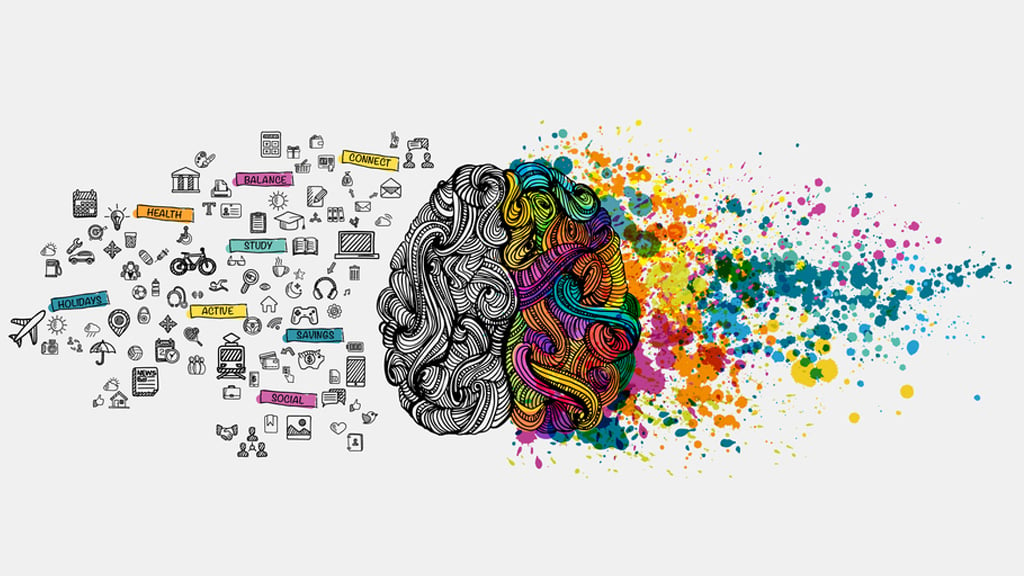Why Inpatient Mental Health Services Are Important for Recovery
Why Inpatient Mental Health Services Are Important for Recovery
Blog Article
Inpatient Mental Wellness Solutions: A Course to Recovery and Security
Inpatient psychological health services play an important duty in resolving intense mental situations, offering a carefully organized setting that promotes recovery and security. These services not only encompass comprehensive assessments and personalized treatment plans yet likewise provide constant accessibility to therapeutic interventions and clinical assistance. The significance of this method prolongs past prompt alleviation, suggesting a transformative effect on long-lasting psychological health. Nonetheless, the complexities of the admission process and the relevance of aftercare raise important inquiries regarding ease of access and effectiveness in the broader context of mental health care. What ramifications might these aspects have for individuals seeking help?
Recognizing Inpatient Mental Health Services
Inpatient mental health solutions are vital for giving structured and intensive treatment to individuals experiencing extreme emotional distress or mental disorder. These solutions usually entail the admission of individuals to specialized centers where they obtain continuous supervision and assistance from a multidisciplinary team of mental health experts. The primary objective of inpatient care is to stabilize patients, ensuring their safety and security and attending to severe symptoms that might pose a risk to themselves or others.
Inpatient programs frequently consist of a series of healing interventions, including specific and group therapy, medicine administration, and psychoeducation. The organized atmosphere is designed to promote healing by using a consistent regimen, decreasing outside stressors, and facilitating the growth of dealing strategies.
Admission to inpatient solutions is usually taken into consideration when outpatient treatment options have confirmed inadequate or when a person remains in crisis. Facilities may differ in regards to their specific emphasis, with some concentrating on certain conditions such as clinical depression, material, or anxiousness usage. Via comprehensive assessments and customized treatment strategies, inpatient mental wellness solutions intend to provide the required assistance for people to restore stability and get ready for a change to much less intensive levels of treatment.
Benefits of Inpatient Treatment
The advantages of inpatient care are significant, particularly for people dealing with acute mental health obstacles. Inpatient therapy gives a structured environment that fosters recovery by decreasing stressors and interruptions associated with every day life. This controlled setup allows people to concentrate only on their psychological health, helping with the required time for recovery.
Furthermore, inpatient care offers 24/7 access to medical and restorative assistance. This constant accessibility guarantees that clients can receive instant focus throughout crises, which is critical for those experiencing extreme episodes - inpatient mental health treatment. The collaborative method among clinical staff, including registered nurses, specialists, and psychiatrists, boosts the quality of care and promotes a comprehensive treatment strategy customized to private demands
Additionally, the communal facet of inpatient care promotes a sense of belonging and support among people. Team treatment sessions and shared experiences can relieve feelings of isolation, encouraging people to take part in their recovery actively.
Furthermore, inpatient programs frequently offer patients with crucial coping strategies and abilities that can be testing to establish in outpatient settings. By addressing underlying issues within a helpful framework, inpatient treatment can bring about a lot more steady outcomes and a smoother transition back to daily life, inevitably leading the course to sustained recuperation.
Treatment Approaches and Therapies
Various treatment methods and treatments are used in inpatient psychological health and wellness solutions to deal with the one-of-a-kind requirements of each client. These approaches are designed to assist in recuperation and promote emotional security in a structured environment.

Cognitive Behavior Modification (CBT) is a commonly utilized method, helping individuals in identifying and changing adverse idea patterns that add to their psychological wellness issues - mental health services. Dialectical Habits Treatment (DBT) is an additional effective technique, particularly for those with borderline personality problem, concentrating on emotional policy and interpersonal performance
Pharmacotherapy plays a vital function in therapy, with psychiatric medicines recommended to manage symptoms of problems such as anxiousness, schizophrenia, and anxiety. Normal monitoring and adjustments guarantee the effectiveness of these drugs while lessening adverse effects.
Group treatment fosters a feeling of community and support among patients, allowing them to share experiences and coping approaches. Additionally, alternative therapies, such as art and music therapy, advertise self-expression and emotional healing.
Eventually, the combination of these diverse healing modalities provides a detailed therapy strategy customized to every patient's details needs, aiming to boost their general wellness and help with a successful transition back into daily life.
The Admission Refine
Navigating the admission procedure for psychological wellness services is a critical primary step toward recuperation. This process usually begins with an analysis conducted by a mental health specialist. Throughout this evaluation, the person's psychological health and wellness history, signs and symptoms, and instant requirements are extensively checked out. This comprehensive analysis assists identify the suitable level of treatment and guarantees that the individual receives tailored therapy.
Once the assessment is finished, the following step includes discussing the prospective treatment options. The private and the treatment group collaboratively choose the ideal strategy, which may consist of inpatient care if the situation is regarded serious. This is complied with by the conclusion of needed documentation, consisting of insurance verification and permission forms, to make sure that all monetary and legal elements are dealt with.
Additionally, family involvement might be encouraged during this stage to give assistance and collect point of views on the individual's situation. Inevitably, the admission process intends to produce a secure and supportive setting for the patient, permitting a smooth change into inpatient treatment. By comprehending and getting involved in this procedure, individuals can take an important step towards attaining mental wellness stability important site and healing.

Aftercare and Ongoing Assistance
After completing an inpatient psychological health program, individuals usually encounter the crucial job of transitioning to aftercare and recurring support, which are crucial for sustained healing. This stage is view website important for reinforcing the abilities and dealing devices discovered during the inpatient remain, making sure that individuals remain to progress in their mental health journey.
Aftercare normally involves a combination of outpatient treatment sessions, assistance teams, and medicine management. Participating in routine therapy enables people to address recurring obstacles and establish techniques to manage stressors in their every day lives. Support system offer a feeling of neighborhood and shared experience, cultivating connection and understanding among peers encountering similar battles.
Additionally, recurring support may include family involvement, where enjoyed ones are informed concerning mental health and wellness problems and motivated to get involved in the recuperation process. This all natural strategy develops a robust assistance network, boosting the individual's possibilities of long-lasting stability.
Inevitably, ongoing and aftercare support act as a bridge between inpatient therapy and independent living, equipping individuals to browse their mental wellness challenges with strength and self-confidence. Focusing on these resources is essential for promoting a sustainable healing trajectory.
Final Thought

Inpatient mental health and wellness solutions play a critical duty in attending to acute mental crises, supplying a very carefully structured atmosphere that cultivates recovery and security.Inpatient psychological health and wellness solutions are vital for providing structured and extensive care to individuals experiencing extreme emotional distress or psychological health problem. Through thorough evaluations and customized therapy strategies, inpatient psychological wellness solutions intend to offer the needed assistance for individuals to gain back security and prepare for a shift to much less intensive degrees of care.

Report this page